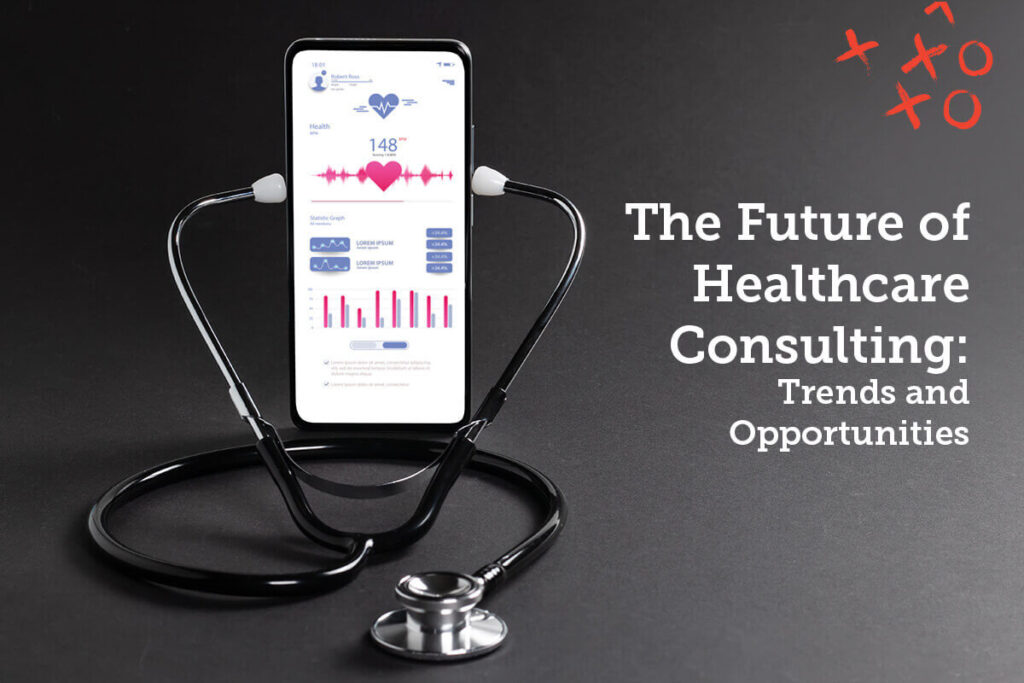What is a temp to hire position FAQs and Advantages for Employers
Temp to hire positions have become increasingly popular in today’s workforce, providing numerous benefits for both employers and employees. Whether you are a business owner looking to fill a vacancy or an individual seeking employment, understanding the ins and outs of temp to hire positions is crucial. In this article, we will explore what temp to hire positions are, address common FAQs employers may have, and discuss the advantages of this hiring strategy.

Table of Contents
Understanding Temp-to-Hire Positions
Defining Temp to Hire
Temp to hire, also known as temp-to-perm, refers to a hiring arrangement where an employee is initially hired on a temporary basis with the possibility of conversion to a permanent employee based on their performance and fit within the company. This type of employment structure offers employers flexibility and the opportunity to evaluate an employee’s capabilities before committing to a long-term commitment.
Temp to hire positions have become increasingly popular in today’s dynamic job market, providing a win-win situation for both employers and employees. For job seekers, it offers a foot in the door to showcase their skills and potentially secure a permanent position. Employers benefit by having the chance to assess a candidate’s performance in real work scenarios before making a permanent hiring decision.
The Process of Temp to Hire
The process of temp to hire typically involves engaging a staffing agency that specializes in placing temporary workers. The agency identifies potential candidates based on the employer’s requirements and conducts preliminary screening to ensure a suitable match. Once hired, the temporary employee works at the company alongside permanent employees, providing an opportunity for both parties to assess compatibility.
During the temporary period, employees have the chance to familiarize themselves with the company culture, work environment, and job responsibilities. This period serves as a trial run for both the employer and the employee to determine if there is a good fit for a long-term working relationship. It also allows the employee to display their skills and work ethic, potentially leading to a permanent job offer.
After an agreed-upon period, usually three to six months, the employer evaluates the temporary employee’s performance, work ethic, and cultural fit. If the relationship has been productive, the employee may then be offered a permanent position.
Frequently Asked Questions about Temp to Hire Positions
How Does a Temp to Hire Position Work?
In a temp to hire position, the employee starts as a temporary worker, allowing both parties to assess the employee’s skills and fit within the company. This arrangement safeguards employers from making hasty hiring decisions and offers candidates an opportunity to showcase their abilities.
During the temporary period, the employee has the chance to familiarize themselves with the company’s work environment, culture, and expectations. This allows them to determine if the position aligns with their career goals and interests. Likewise, the employer can evaluate the employee’s performance, work ethic, and compatibility with the team to make an informed decision about extending a permanent offer.
What are the Responsibilities of the Employer?
As an employer, your responsibilities in a temp to hire position include providing clear expectations and objectives to the temporary employee, offering necessary training and support, and evaluating their performance. It is essential to communicate openly and provide feedback throughout the temporary period to ensure alignment and maximize productivity.
Furthermore, employers should create a supportive and inclusive work environment for temporary employees, encouraging them to fully integrate into the team and participate in company activities. By fostering a sense of belonging and recognition, employers can boost morale and job satisfaction, leading to increased retention rates and overall productivity.
What are the Benefits for the Employee?
Temp to hire positions offer several advantages for employees, including the opportunity to gain valuable work experience, build a professional network, and showcase their skills to potential employers. Additionally, a temp to hire position provides individuals with job security and a chance to evaluate the company’s culture and values before committing to a long-term employment relationship.
Moreover, temporary employees can use this period to explore separate roles and departments within the company, broadening their skill set and discovering new career paths. This flexibility allows individuals to make informed decisions about their future career trajectory and find a role that best suits their interests and strengths.
Advantages of Temp to Hire for Employers
Flexibility in Hiring
One of the significant advantages of temp to hire positions for employers is the flexibility it provides in the hiring process. By initially bringing in employees on a temporary basis, businesses can quickly adapt to changes in demand or project requirements without the long-term commitment associated with permanent hires.
This flexibility extends beyond just adjusting to workload fluctuations. Employers can also use temp to hire positions as a way to test out new roles within the company or experiment with different team structures. It allows for a more dynamic and agile approach to workforce management, enabling businesses to stay competitive in a rapidly changing market.
Reduced Hiring Risks
Searching for the right candidate can be a time-consuming and costly process for employers. Temp to hire positions mitigate these risks by allowing employers to assess an employee’s performance, skills, and cultural fit before extending a permanent job offer. This evaluation period helps ensure that the chosen candidate aligns with the company’s values and contributes to its success.
Moreover, the reduced hiring risks associated with temp to hire positions also translate to lower turnover rates. By carefully evaluating a candidate’s fit within the organization during the temporary period, employers can make more informed decisions when offering a permanent position. This leads to higher employee retention rates and a more stable workforce in the long run.
Potential for Increased Productivity
Temp to hire positions have the potential to increase overall productivity within an organization. By evaluating an employee’s performance during the temporary period, employers can confirm that the candidate possesses the necessary skills and work ethic to contribute effectively. This selection process reduces the chance of hiring someone who may not meet expectations or require additional training.
Furthermore, the temporary nature of these positions can also serve as a motivator for employees to display their abilities and prove their value to the company. Knowing that their performance during the temporary period directly impacts their chances of securing a permanent position, individuals are often more driven to excel in their roles, leading to a boost in productivity across the board.
Potential Challenges of Temp to Hire Positions
Legal Considerations
While temp to hire positions offer many benefits, employers must ensure compliance with legal regulations to avoid any potential legal issues. It is crucial to consult with legal professionals to understand the applicable labor laws, including employee classification and duration of the temporary period.
Additionally, when navigating temp to hire positions, employers must also consider the implications of benefits eligibility. Depending on the duration of the temporary period and the classification of the employee, they may be entitled to certain benefits such as healthcare coverage, paid time off, or retirement plans. Understanding and communicating these benefits clearly to temporary employees can help manage expectations and ensure compliance with labor laws.
Employee Retention Concerns
One challenge employers may face with temp to hire positions is retaining top talent. Temporary employees may be exploring multiple job opportunities or may not be fully committed to the company until a permanent offer is extended. To address this, employers should prioritize creating a positive work environment.
Focusing on making your work environment more positive can have a significant impact in all sectors of your company. A positive environment can help attract top-tier employees and retain them for a longer time (Forbes 2023).
Moreover, establishing clear communication channels and providing regular feedback to temporary employees can help build trust and engagement, increasing the likelihood of them accepting a permanent position within the company. By investing in the professional growth and well-being of temporary staff, employers can cultivate a loyal and motivated workforce, ultimately leading to higher retention rates and long-term success.
Making the Most of Temp to Hire Positions
Best Practices for Employers
To ensure a successful transition from temporary to permanent employment, employers should implement certain best practices when utilizing temp to hire positions. These include clearly defining job responsibilities, providing adequate training and support, and fostering open communication to establish a collaborative work environment.
Ensuring a Smooth Transition for Temp to Hire Employees
As an employer, it is essential to make temporary employees feel valued and supported as they assimilate into the company culture. By providing opportunities for professional growth, recognizing their contributions, and offering benefits that align with permanent employees, employers can foster a smooth transition for temp to hire employees, enhancing loyalty and engagement.
It’s important for employers to clearly define job responsibilities for temp to hire employees. This includes outlining tasks, duties, goals, and objectives for the position. This clarity helps temporary employees understand how their role fits into the larger organizational structure and how their contributions impact the company’s success.
Additionally, setting clear performance metrics and milestones can provide both parties with a roadmap for success and ensure that expectations are aligned throughout the temp to hire period. In addition to offering opportunities for professional growth, employers can further support temp to hire employees by providing mentorship programs or access to networking opportunities within the organization.
These initiatives can help temporary employees build relationships with permanent staff members, gain valuable insights into the company’s operations, and accelerate their integration into the workplace culture. By fostering a sense of belonging and community, employers can increase employee satisfaction and retention rates, ultimately benefiting the organization as a whole. In conclusion, temp to hire positions offer a win-win situation for both employers and employees. It provides flexibility and reduced hiring risks for employers while offering individuals an opportunity to gain experience and display their skills.
By carefully navigating the temp to hire process and following best practices, businesses can maximize the benefits of this hiring strategy while finding the best-fit employees for their organization. So, if you are seeking a mutually beneficial employment arrangement, consider exploring the realm of temp to hire positions.
Partner with Hunter Recruiting for Your Hiring Needs
If you’re ready to discover top-tier talent for your organization, Hunter Recruiting is here to guide you every step of the way. Our dedicated team specializes in connecting professionals with meaningful opportunities in science, technology, engineering, finance, healthcare, and executive roles. As a trusted staffing partner to Fortune 500 companies and healthcare leaders, we understand the importance of finding the right fit for both employers and candidates.
Don’t miss out on the chance to enhance your workforce with driven and skilled individuals. Find your next job with Hunter Recruiting today.
Need help finding a job?
Hunter is the best way to find a job.
Click Here











